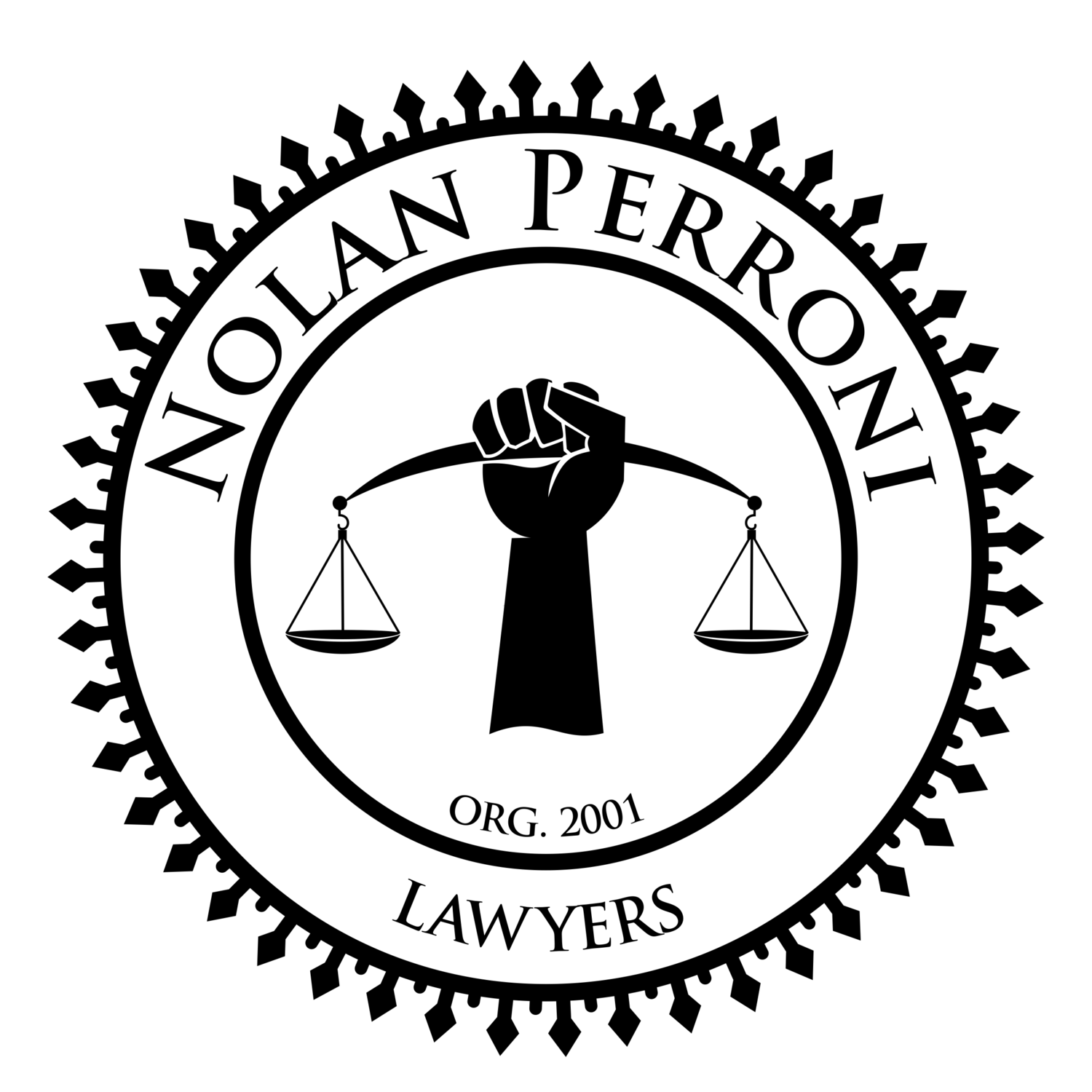Finally, some good news on the privacy front. A couple of years ago, the NEPBA won a cutting-edge case regarding sick time inquiries by employers. We were privileged to be the lawyers for the Dracut, MA officer who bravely challenged a policy requiring that police employees provide management with specific medical information in order to get approval of sick leave, including symptoms and the nature of the illness. Based on a Federal case out of New York, we argued that such inquires violate the American’s with Disabilities Act, even where the officer suffered no disability. Because the questions posed may tend to reveal a disability, they were unlawful. An arbitrator agreed with us, and that decision is posted elsewhere in this blog.
In February 2012, a Federal District Court in California took the same position, and issued a detailed decision explaining why supervisors who ask for this information are in violation of the ADA. Because the ADA is a discrimination statute, those found in violation are subject to both compensatory and punitive damages. Accordingly, supervisors asked to enforce policies requesting this type of information should make sure your employers will defend and indemnify you for any judgment in the event you are sued.
Significantly, many public employers are prohibited from indemnifying employees for punitive damage awards, so all the more reason to review policies seeking such information from employees.
Briefly, the California case involved a policy of a large department store requiring employees to provide a doctor’s note explaining the nature of the absence (i.e. migraine, high blood pressure) before a sick day would be approved. Four unsubstantiated absences resulted in termination. More than 60 employees were subjected to discipline under this policy, and the EEOC (similar to the MCAD in Mass.) filed suit on behalf of all of them.
Relying on the same NY case that we did, the California court decided that the policy at issue was illegal on its face. The court suggested that the company simply could have relied on the doctor’s note to substantiate that the absence was legitimate. The employer was unable to provide any real reason why the doctor’s note was not enough. Moreover, the court intimated that fitness for duty tests that go beyond testing an employees ability to perform the job are also in violation of the ADA.
We are consistently advocating that personal medical information should remain private. There are always procedures in place to have employees examined by doctors (either the employer’s doctor or the employee’s doctor). Using those established procedures, the employer gets what they need, while at the same time protecting the privacy of employees. Once a doctor substantiates the need for the absence, there is generally no basis to inform a supervisor of specific symptoms, etc.
A copy of EEOC v. Dillard’s, Inc. can be found at the link below. Anyone subject to such a policy, or asked to enforce one, should read it. Also take a look at our case (NEPBA v. Dracut, elsewhere on this blog).

